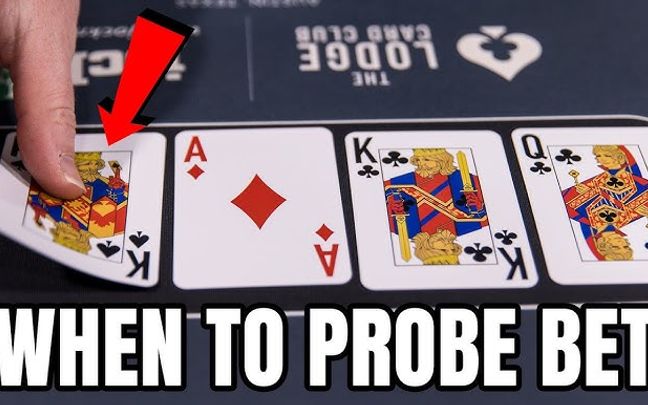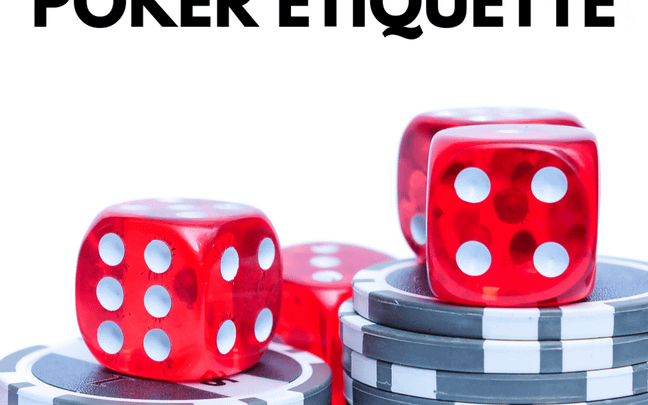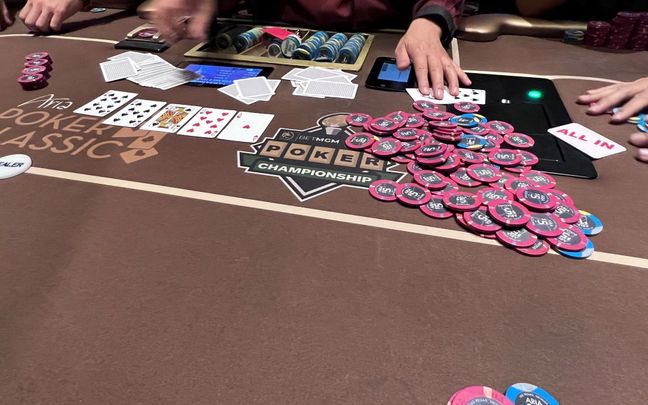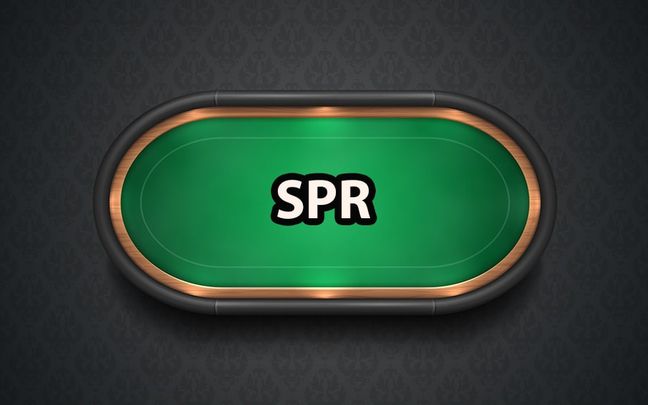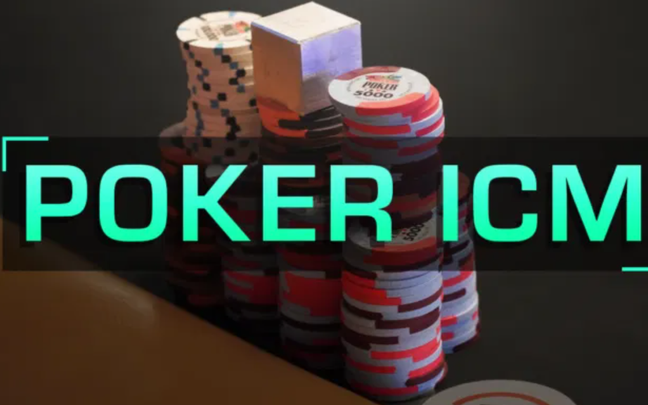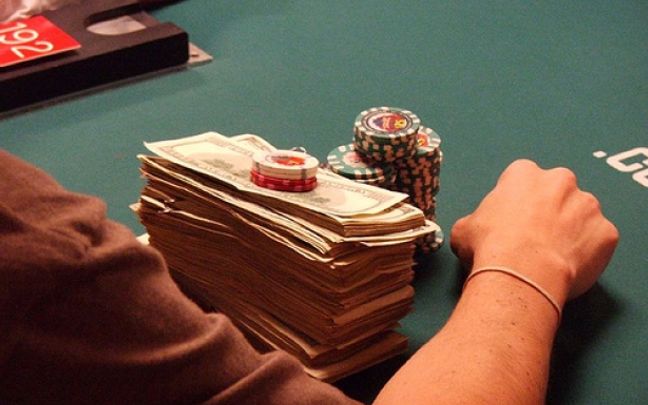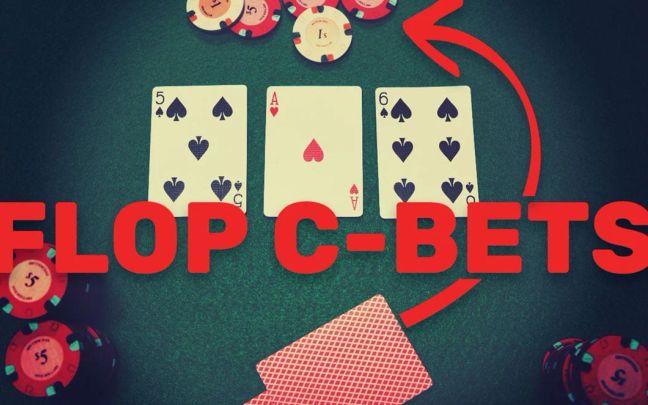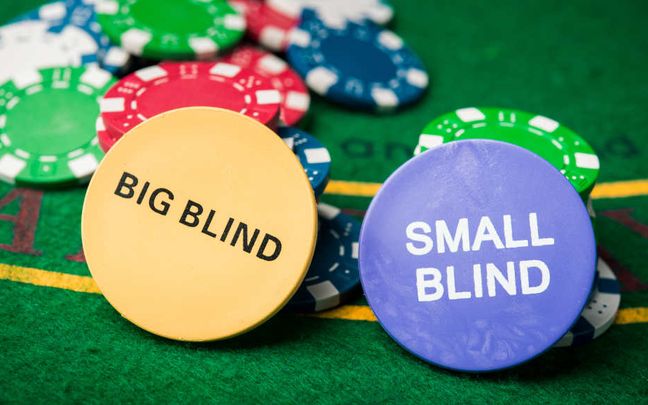Equity Realization refers to the ability to actualize the theoretical value of a hand in practice. This factor depends on position, skill, and playing strategy. This article will help you gain a better understanding of how to optimize Equity Realization in poker.
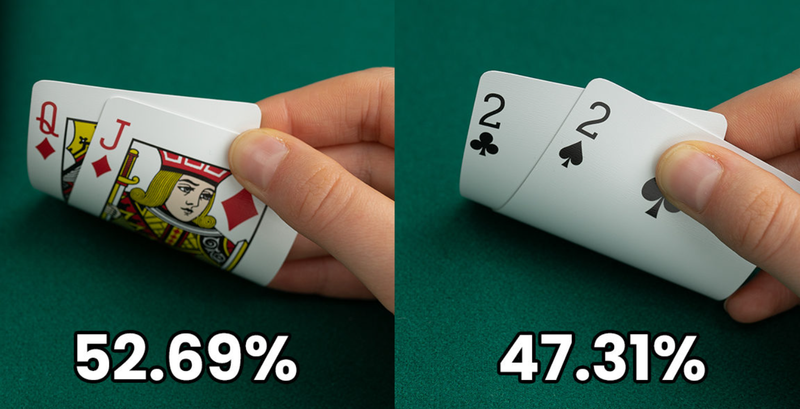
Equity Realization is the ability to actualize the theoretical value of a hand in practice.
What is Equity Realization in Poker?
Equity Realization in poker is an important concept related to comparing the potential value of a hand with the actual ability to achieve that value in a game. It combines two main elements: Equity (potential value) and realization (the ability to attain that value).
What is Equity in Poker?
Equity simply refers to the percentage chance of winning a hand when compared to opponents' hands throughout the rounds of play. For example, if you hold a pair of Aces before the flop and your opponent has a pair of Kings, your equity is quite high, usually around 80%. This means that theoretically, you have an 80% chance of winning if the hand goes to the end (the river).
However, poker is not solely a game based on theoretical probabilities; it also involves realizing that value through various other factors.
Realization of Equity
Realization is the ability to “realize” all or part of the theoretical value (equity) of the hand you hold. It depends not only on the theoretical value of the hand but also on the actual conditions in the game. A hand may have high equity, but if you cannot play it effectively, you will not realize its full value.
Example:
Suppose you are holding suited connectors (two consecutive cards of the same suit) like 7-8 suited. Theoretical equity against a pair of Jacks may be around 40%, but in practice, you might find it difficult to realize that 40%. This could be due to your opponent playing very tightly or your being out of position, making it ineffective to pursue draws or bluff.
Conversely, if you hold Aces, your equity against any hand is usually very high and easier to realize because you have a significant advantage right from the start of the hand.
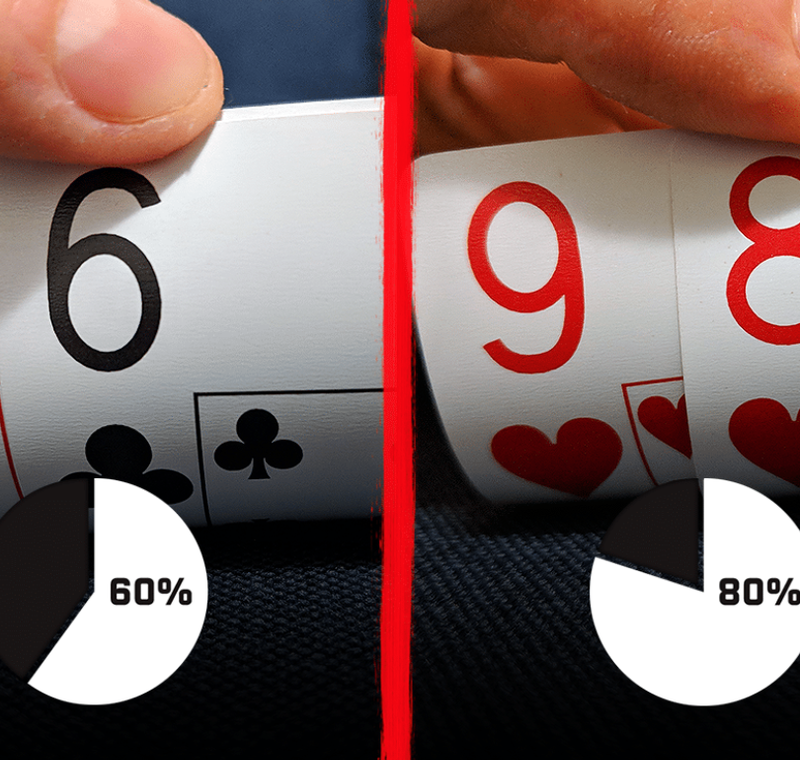
Good playing skills help optimize Equity Realization in various situations.
Factors Affecting Equity Realization in Poker
In a poker game, Equity Realization depends on various factors. Here are some key elements that can influence Equity Realization.
Position
Your position at the table significantly impacts Equity Realization. When you have a favorable position, meaning you sit after your opponents, you can observe their actions before making your own decisions. This allows you to assess the strength of your opponents' hands and adjust your strategy accordingly. A favorable position provides you with additional information, thereby increasing your ability to realize your equity.
Playing Skills
Your skills and experience also play a crucial role in Equity Realization. Experienced players can optimize their equity value by identifying and exploiting their opponents' weaknesses. They know when to bluff to force opponents to fold or when to play conservatively to protect their equity. Skills in reading hands and analyzing situations enable them to make better decisions, thereby enhancing their chances of winning.
Opponent's Strategy
The strategy employed by your opponents also affects your Equity Realization. If you are playing against predictable opponents, you can easily identify their actions and realize more of your equity.
However, if your opponents play unpredictably or aggressively, you will face more challenging situations. In such cases, you may have to forfeit potential equity and make tougher decisions to protect your assets.
Pot Size and Betting
The size of the pot and the betting amounts also have a significant impact on Equity Realization. When the pot is large and your opponents are betting strongly, you may not have the opportunity to pursue your hand as desired, even if your hand has good potential equity.
Weighing the decision between betting and preserving your bankroll is crucial in this scenario, as sometimes you may have to sacrifice equity to avoid greater risks.
In conclusion, Equity Realization in poker is a complex process that relies on multiple factors. Understanding these elements will help you make better decisions and increase your chances of winning in each hand.

Equity Realization can never reach 100% due to various external factors.
Example of Equity Realization
Here’s a specific example of Equity Realization: Suppose you hold Q♠ J♠ while your opponent has A♠ K♣. Before the flop is dealt, Q♠ J♠ has a theoretical equity of about 40% against A♠ K♣. However, when the flop comes with irrelevant cards (e.g., 5♥ 7♦ 2♣), the ability to realize the equity of Q♠ J♠ significantly decreases, as you have fewer opportunities to improve your hand.
Conversely, if the flop comes with 10♠ 9♠ 2♣, your equity sharply increases due to having multiple outs (the potential to make a flush or a straight), and your chances of realizing that equity improve as you have more ways to win.
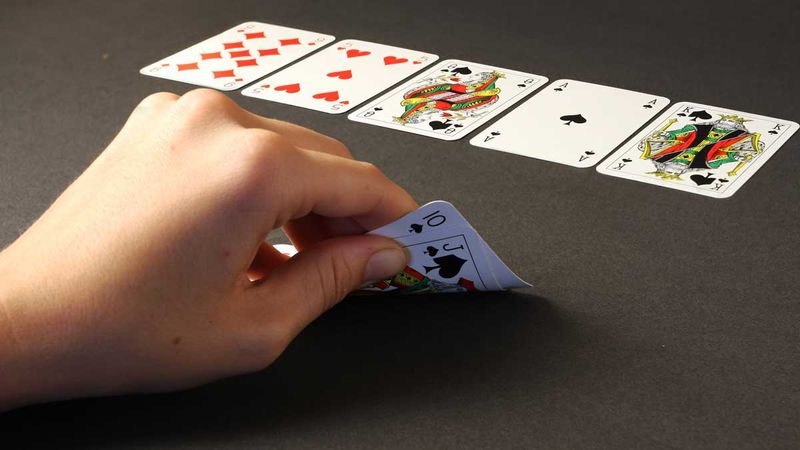
Optimizing Equity Realization is the key to improving your win rate in poker.
Equity Realization is an important strategic concept in poker that helps you understand the difference between the theoretical value and the actual value of a hand. Knowing how to effectively realize your equity can optimize your winnings while minimizing risks in challenging situations.


